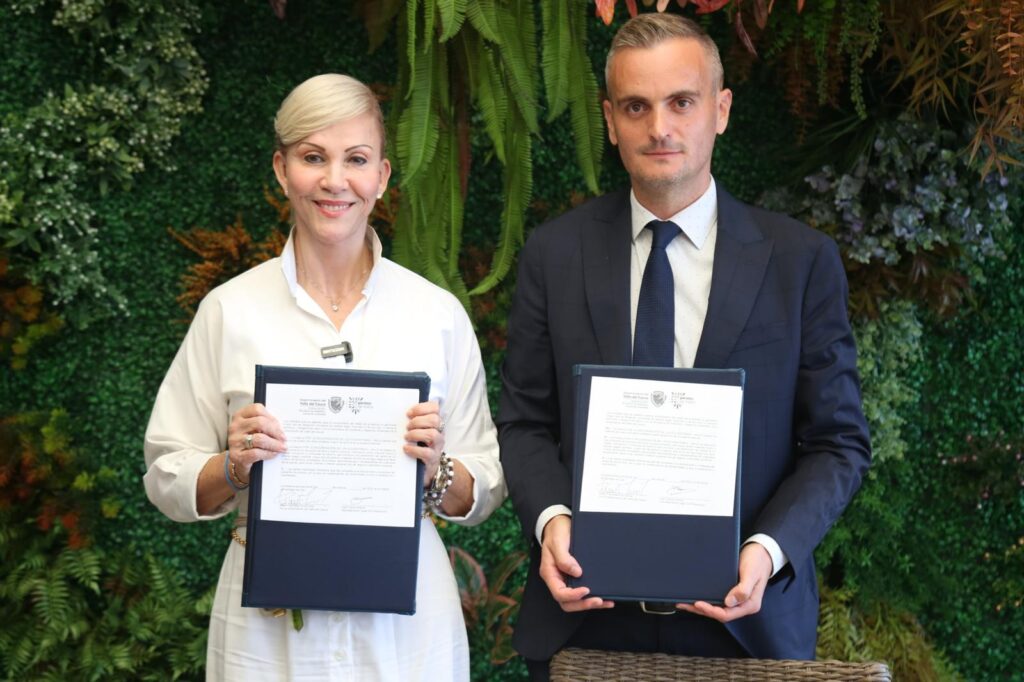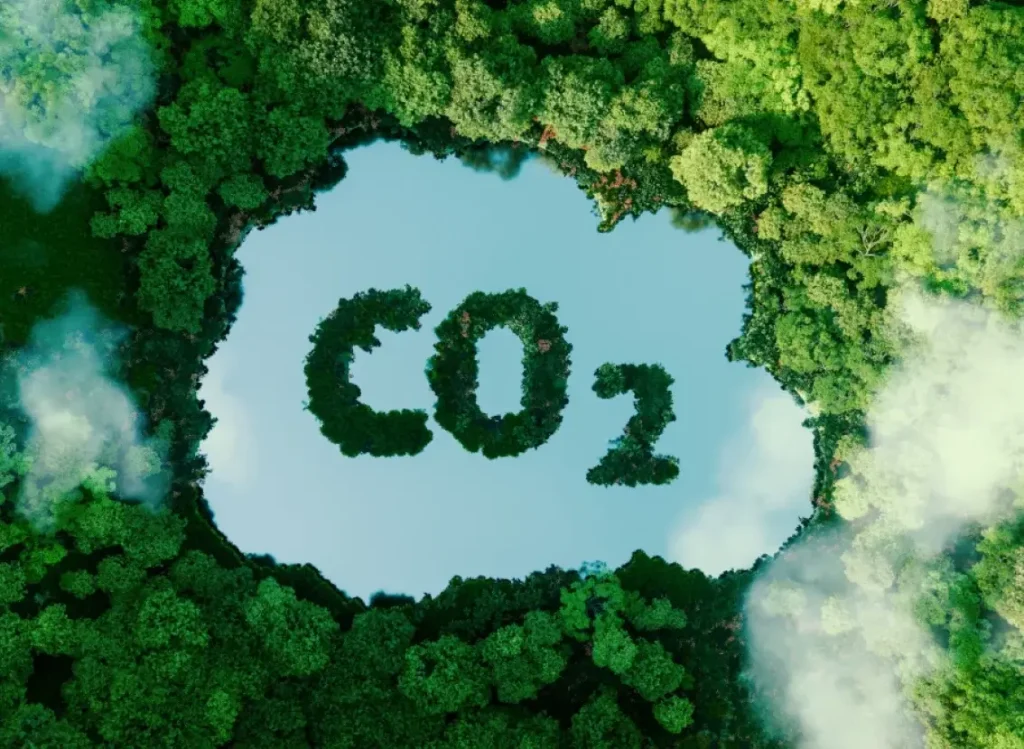What is climate change?
According to the definition by the MITERD, climate change is the global variation in Earth’s climate caused by natural factors and human activity. As a result of these two factors, greenhouse gases are emitted.
The atmosphere is composed of various gases that, in the right proportion, fulfill their function. However, when human activities increase greenhouse gases, it retains more heat than necessary, and the planet’s average temperature rises, resulting in what we know as global warming.
Consequences of climate change
The global increase in temperatures brings enormous consequences that endanger flora, fauna, and human survival. In Spanish territory, the following has been observed:
- Prolongation of summers.
- Decrease in average river flows.
- Expansion of semi-arid climates causing an increase in wildfires.
- Increase in heatwaves.
- Displacement of wildlife species and ecological imbalances.
- Development of new diseases and increase in respiratory illnesses.
- Extreme weather events (hurricanes, droughts, floods, snowfall…) causing displacement, material damages, poverty…
- Extinction of species and mass migrations.
Although climate change may seem to only affect the environmental area, we must know that it has a significant economic and social impact.
Combatting climate change
All measures aimed at combating global warming are a great opportunity to ensure sustainable development and drive economic growth.
Fighting climate change must be a priority for society. To do this, we must work on strategies to mitigate greenhouse gas emissions. At the same time, we must adapt to new climatic conditions while building a more sustainable low-carbon production model. To achieve this, we must work on these five pillars:
- Clean energy system
- Urban development
- Sustainable land use
- Smart water management
- Circular economy
If you want to contribute to a better future, join our revolution!


